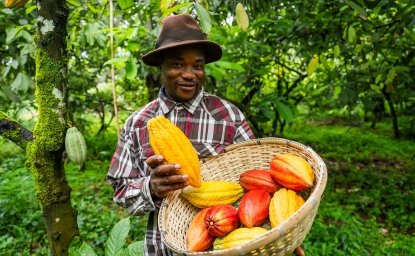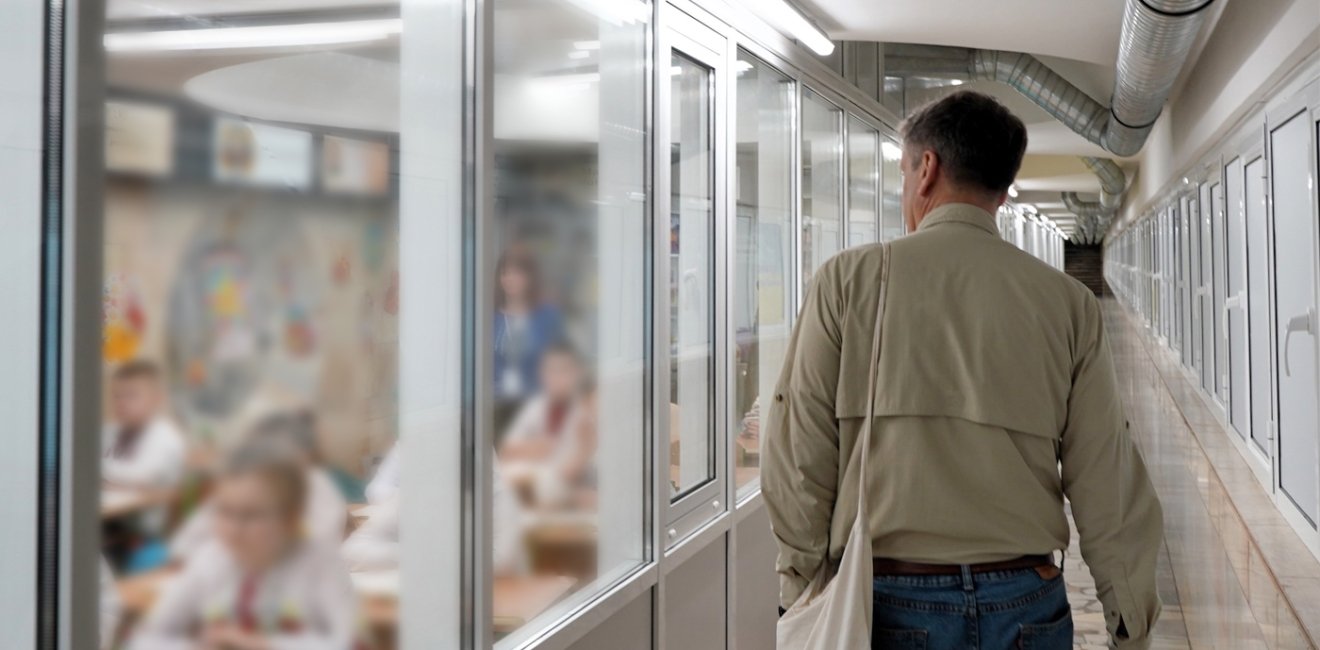
A blog of the Wilson Center
400,000 children per year are born as refugees.
“Oh, the world has always had refugees.” That’s what people often say when I raise the subject of human displacement. While it’s true that the world has always had refugees and internally displaced persons (IDPs), today’s displacement crisis is different.
It’s different in terms of how rapidly it’s growing. In 2013, the UN Refugee Agency (UNHCR) estimated that 51.2 million people were displaced around the world. When I took the helm at the US Agency for International Development in 2017, that number was 68.5 million. When I left the agency three years later, it was up to roughly 80 million. Late in 2023, it reached 114 million: well more than double the number just ten years earlier. And those figures don’t even include the effects of the Israel-Hamas war.
It’s also different in terms of who is displaced. At the beginning of last year, approximately 40% of all displaced people were children under the age of 18. Between 2018 and 2022, approximately 2 million children were born as refugees, an average of 385,000 per year—and that doesn’t include children born displaced within their home country, likely an even higher number.
And it’s different because of the rise of tyrants like Russia’s Vladimir Putin who purposely targets civilians and civilian infrastructure. Putin aims, according to Ukrainian officials, to force Ukrainian families from their homes to both amplify the emotional burden Ukrainians feel from the war and add to the economic and political burden neighboring countries bear when hosting the 6.5 million Ukrainian refugees who are trying to escape the fighting.
Refugee and IDP children have needs above and beyond those of their parents, including health, nutritional, and educational needs that require additional resources. What’s more, these children are being displaced for longer and longer periods of time, which means many of them are growing up in what are meant to be temporary settings. When they’re eventually able to return home, if they haven’t been properly educated or otherwise prepared for independent living, many will be vulnerable to the worst kinds of exploitative forces. For those who are never able to return home—sadly, an increasingly common scenario—many will become perpetual dependents in their host country. To put it bluntly, an ongoing burden.
But the displaced and those who are working to help them do not want a future of burden.
UNHCR, UNICEF, USAID, and others are trying to help through their food assistance, medical care, and education programs. USAID’s Bureau for Humanitarian Assistance is the single biggest donor of food aid internationally. For example, they provide nearly $108 million in food assistance to Rohingya refugees in Bangladesh and distribute food vouchers to 1 million Syrian refugees. In Kenya, UNHCR helped build and equip classrooms and information and communications training facilities, as well as hire teachers and provide schools with learning materials, furniture, and equipment. In Europe, UNICEF is helping Ukrainian families on the move through “Blue Dot” centers which provide physical and psychosocial support to women and children displaced and traumatized by Russia’s war on their homeland. Inside Ukraine itself, humanitarian groups are helping to educate children in makeshift schools in places like subway stations.
In these unprecedented times of protracted conflict and human displacement, families seem to be carrying a heavier burden than ever before. They’re suffering now—struggling for food, shelter, and medicine—for a future where their children can be self-reliant and contributing members of society.
We have always had displaced families.
This blog was researched and drafted with the assistance of Katherine Schauer and Christopher Cao.
Author


Refugee and Forced Displacement Initiative
The Refugee and Forced Displacement Initiative (RAFDI) provides evidence-based analyses that translate research findings into practice and policy impact. Established in 2022 as a response to an ever-increasing number of people forcibly displaced from their homes by protracted conflicts and persecution, RAFDI aims to expand the space for new perspectives, constructive dialogue and sustainable solutions to inform policies that will improve the future for the displaced people. Read more

Explore More in Stubborn Things
Browse Stubborn Things
Spying on Poachers

China and the Chocolate Factory

India: Economic Growth, Environmental Realities

